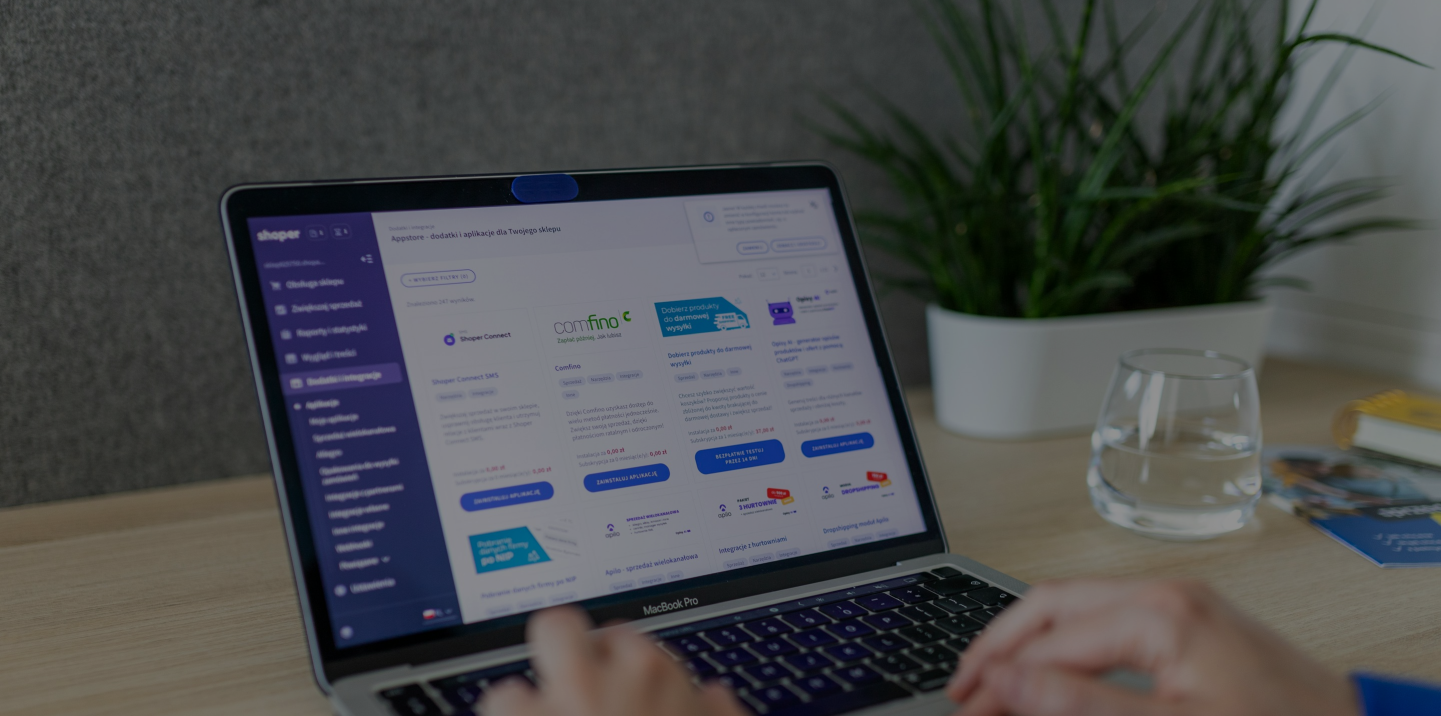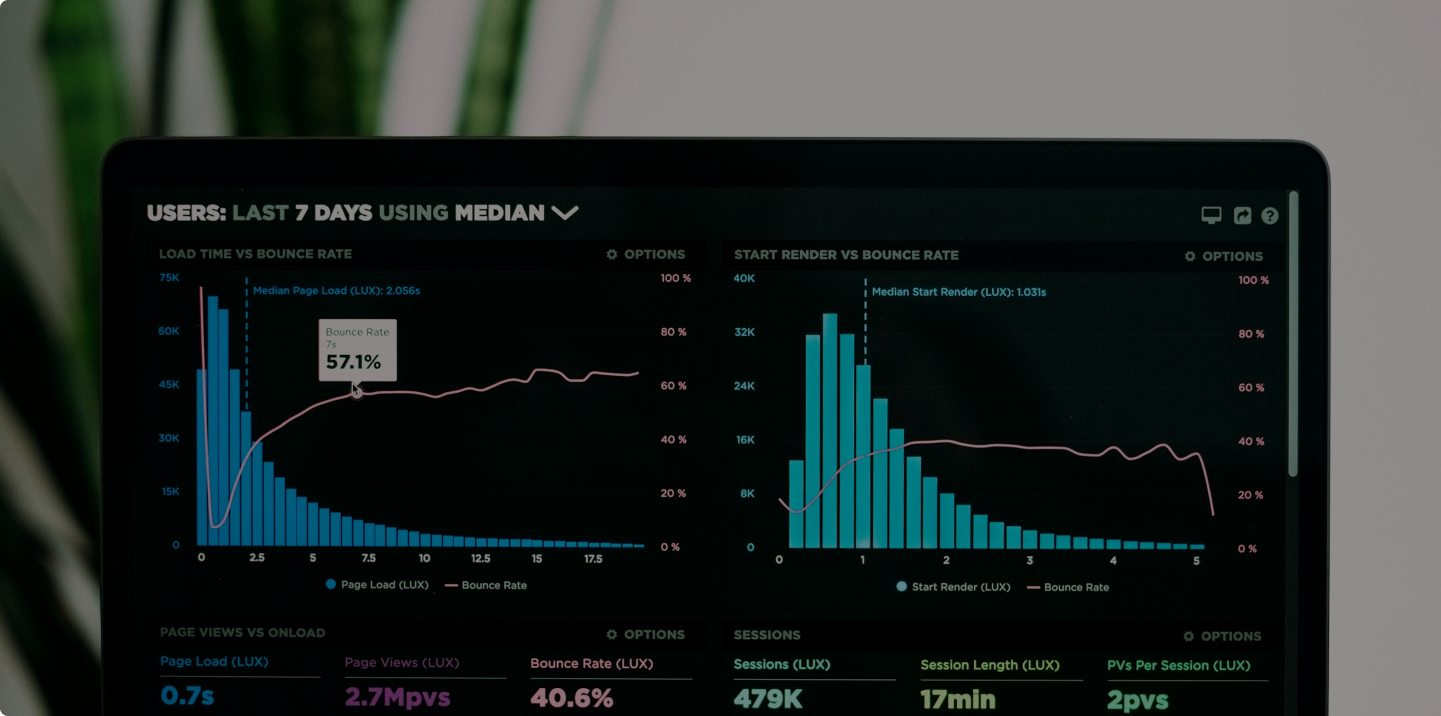What is Marketing Automation?
Marketing automation refers to the use of software and technology to manage marketing processes and campaigns across multiple channels automatically. This includes automating tasks such as email marketing, social media posting, lead generation, and customer segmentation. By automating these repetitive tasks, marketers can focus on more strategic activities, such as content creation and campaign planning, leading to more efficient and effective marketing efforts.
Marketing Automation
Imagine juggling a million tasks at once – that’s the reality for many marketers today. But what if there was a way to take a deep breath and focus on the big picture? Well there is, it’s called “automation”. By using technology to streamline repetitive tasks like email blasts, social media scheduling, amongst others you can free up your time for what really matters – connecting with your customers. Think of it like having a tireless assistant who works 24/7, ensuring your marketing runs smoothly while you focus on crafting that killer campaign or brainstorming the next big idea.
The Benefits of Marketing Automation
1. Enhanced Efficiency and Productivity
One of the most significant advantages of marketing automation is the increase in efficiency and productivity it brings. Automation tools like HubSpot, Marketo, and Pardot can handle repetitive tasks like sending emails, scheduling social media posts, and managing customer data, freeing up valuable time for marketers to focus on strategy and creativity. According to a report by Invesp, 74% of marketers say that automation has helped them save time, and 68% believe it has increased customer engagement.
2. Improved Lead Management
Lead generation and nurturing are critical components of any marketing strategy. Marketing automation tools such as ActiveCampaign, SharpSpring, and Zoho CRM can help businesses manage leads more effectively by automating lead scoring, segmentation, and follow-up processes. This ensures that potential customers receive timely and relevant content, which can significantly increase the chances of conversion. A study by the Annuitas Group found that businesses using marketing automation to nurture prospects experience a 451% increase in qualified leads.
3. Personalized Customer Experience
Personalization is key to building strong customer relationships and driving engagement. Marketing automation enables businesses to deliver personalized content and experiences to their customers at scale. Tools like Mailchimp, Autopilot, and Customer.io leverage customer data and behavior insights to create customized messages and offers that resonate with individual preferences and needs. Epsilon research indicates that personalized emails improve click-through rates by an average of 14% and conversions by 10%.
4. Data-Driven Decision Making
Data is at the heart of effective marketing strategies. Marketing automation tools like HubSpot, Marketo, and Pardot provide businesses with valuable insights into customer behavior, campaign performance, and overall marketing effectiveness. By analyzing this data, marketers can make informed decisions, optimize their campaigns, and allocate resources more efficiently. Automation also enables real-time tracking and reporting, allowing businesses to quickly identify and address any issues or opportunities that arise.
Implementing Marketing Automation: Best Practices
1. Email Marketing
Email marketing is one of the most common applications of marketing automation. Automated email campaigns can be used to nurture leads, welcome new subscribers, promote products, and re-engage inactive customers. For example, an e-commerce business can use tools like Mailchimp, ActiveCampaign, or Customer.io to send personalized product recommendations and follow-up emails based on a customer’s browsing and purchase history. This not only saves time but also increases the likelihood of conversion by delivering relevant content to the right audience.
2. Social Media Management
Managing multiple social media accounts can be time-consuming and challenging. Marketing automation tools such as Hootsuite, Buffer, and Sprout Social can simplify this process by scheduling posts, tracking engagement, and analyzing performance across different platforms. For instance, a brand can use automation to schedule a series of promotional posts in advance, ensuring consistent and timely updates without the need for manual intervention. This helps maintain an active social media presence and improves audience engagement.
3. Lead Scoring and Nurturing
Lead scoring is a critical aspect of lead management, helping businesses prioritize leads based on their potential value. Marketing automation tools like HubSpot, Marketo, and Pardot can automatically assign scores to leads based on their behavior and interactions with your brand, such as website visits, email opens, and content downloads. This enables sales teams to focus their efforts on the most promising leads, improving the efficiency and effectiveness of the sales process. Additionally, automated lead nurturing campaigns can deliver personalized content to leads at different stages of the buyer’s journey, guiding them towards a purchase decision.
Real-World Examples of Marketing Automation
1. Define Clear Goals and Objectives
Before implementing marketing automation, it’s essential to define clear goals and objectives. What do you want to achieve with automation? Are you looking to increase lead generation, improve customer engagement, or streamline your marketing processes? Having a clear understanding of your objectives will help you choose the right automation tools and strategies to meet your needs.
2. Choose the Right Automation Tools
There are numerous marketing automation tools available, each with its own set of features and capabilities. It’s important to choose the tools that best align with your business goals and marketing strategy. Some popular marketing automation platforms include HubSpot, Marketo, Pardot, ActiveCampaign, SharpSpring, and Zoho CRM. Consider factors such as ease of use, scalability, integration capabilities, and cost when selecting your automation tools.
3.Segment Your Audience
Effective marketing automation relies on accurate audience segmentation. By dividing your audience into distinct segments based on factors such as demographics, behavior, and preferences, you can deliver more targeted and relevant content. Use automation tools to create and manage audience segments, ensuring that your messages are tailored to the unique needs and interests of each group.
4. Develop a Content Strategy
Content is a crucial component of any marketing automation strategy. Develop a content plan that aligns with your automation goals and addresses the needs of your audience segments. This should include a mix of content types, such as blog posts, emails, social media updates, and webinars. Automation tools can help you schedule and distribute your content, ensuring that it reaches the right audience at the right time.
5. Monitor and Optimize
Marketing automation is not a set-it-and-forget-it solution. It’s important to continuously monitor the performance of your automated campaigns and make adjustments as needed. Use the data and insights provided by your automation tools to identify areas for improvement, optimize your strategies, and ensure that you’re achieving your desired results. Regularly reviewing and refining your automation processes will help you stay ahead of the competition and maintain a high level of marketing effectiveness.
The Future of Marketing Automation
As technology continues to evolve, the capabilities of marketing automation are expected to expand even further. Artificial intelligence (AI) and machine learning are already being integrated into automation tools, enabling more sophisticated data analysis, predictive analytics, and personalized marketing experiences. In the future, we can expect to see even greater levels of automation, with AI-driven tools capable of managing complex marketing strategies and delivering highly tailored content in real-time.
Conclusion
Marketing automation is transforming the way businesses approach their marketing strategies, offering numerous benefits in terms of efficiency, personalization, and data-driven decision making. By implementing the right automation tools and strategies, businesses can streamline their processes, enhance customer engagement, and achieve better results. As the technology continues to advance, marketing automation will undoubtedly play an increasingly important role in the future of marketing, helping businesses stay competitive and thrive in the digital age.







